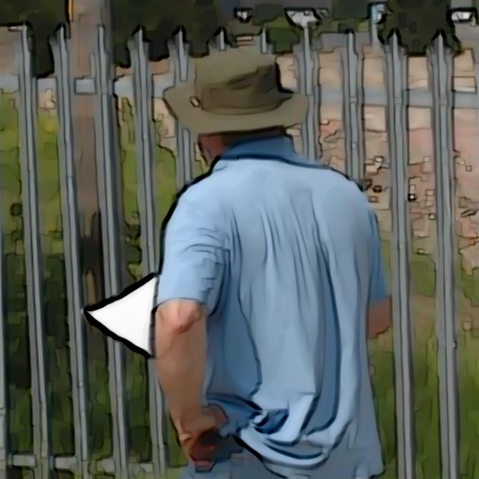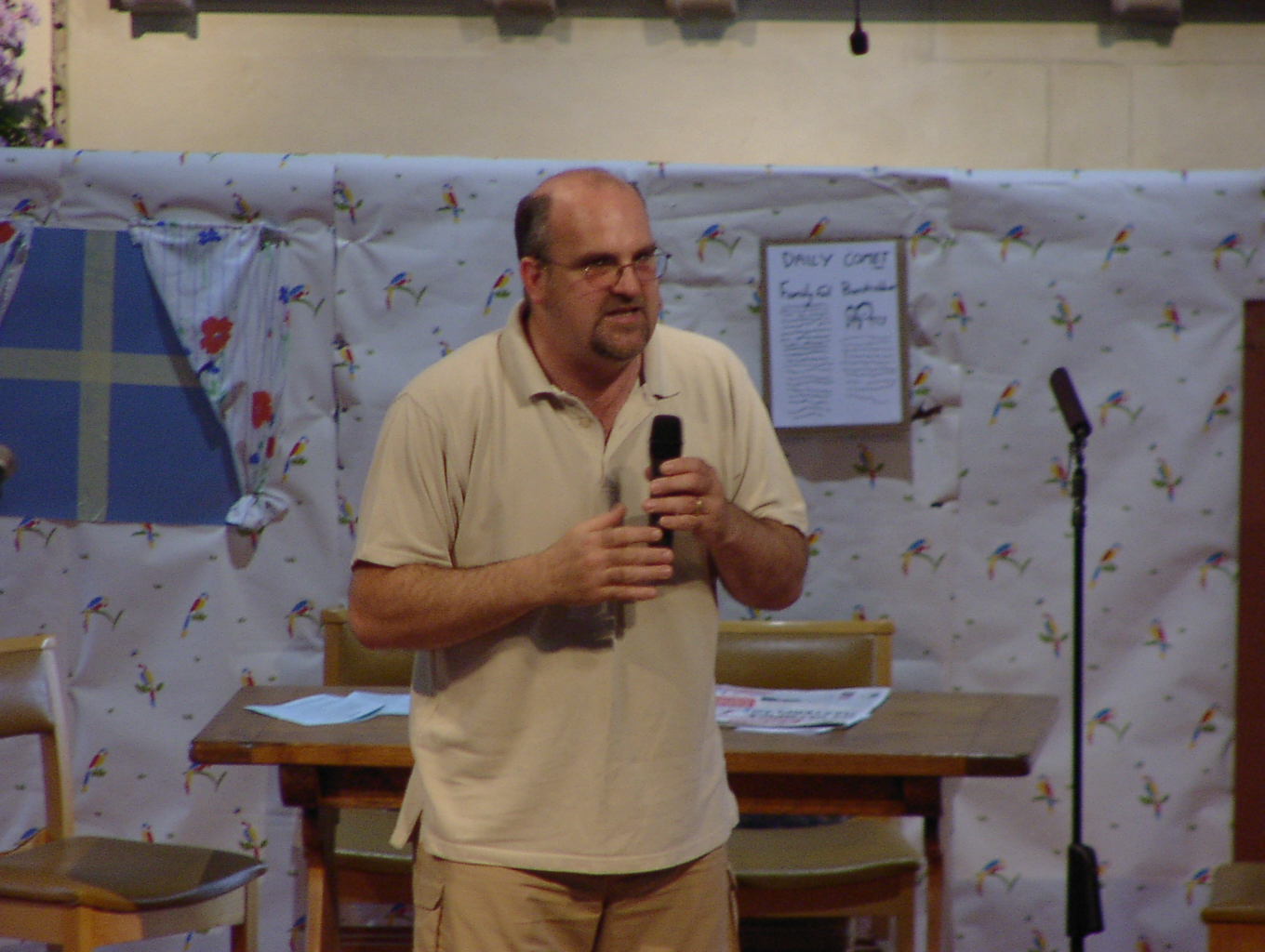tale2tell original Bible Stories series – New Testament
Based on John chapter 20 verses 1 to 18
The Empty Tomb
For those who loved Jesus, who followed Him, who believed that He was the Son of God, the Saviour that’d been promised for so many years, that Friday had been the darkest day of their lives. And it had been made all the more dark because they hadn’t understood or believed what Jesus Himself had told them – that He had to suffer at the hands of sinful men, that He would be crucified, that He would die and be buried but, most importantly of all, that He would rise once again to life.
And so, those who were brave enough had watched His cruel death, the agonised hours nailed to a cross. They’d seen the darkness covering the land and heard Jesus’ cries as He gave up His life. And when He’d died they’d watched a Roman soldier walk up to Him with a spear and thrust it up into His dead body. And as the soldier pulled out his spear, they’d watched a sudden flow of what looked like blood and water from the wound.
Having wondered what on earth would happen to Jesus now that He was dead, it was a surprise to them that Joseph from Arimathea had taken Jesus’ body down from the cross. And it was even more of a shock when Nicodemus, the man who’d once visited Jesus at night had helped Joseph take Jesus’ body down and quickly prepare it for burial. Some of the women had watched as the two men wrapped Jesus’ body in a long linen cloth with spices, and put another cloth over His head, to keep His mouth shut in death. Mary Magdalene had watched as the two men placed the body in an unused tomb that was in a garden close to Skull Hill, the place where Jesus had been crucified. They used that grave because they needed to get Jesus buried before the Sabbath started that evening and no more work could be done.
As evening arrived Mary went home, her eyes swollen from crying. But as she walked home she made a decision: Nothing could be done the next day as it was a Sabbath and Jesus wouldn’t have wanted her to break the Sabbath day rules, but after the Sabbath, on the Sunday, she was free to do what needed to be done. Jesus’ burial had been a rushed job, it hadn’t been done properly, the least she could do was make sure He was buried properly! He’d died the death of a common criminal, He’d died in shame, under the curse of God because He’d been hung on a tree! But now, in death, the least she could do was make sure His body was treated properly.
That was why Mary Magdalene was up so early that Sunday morning while it was still dark! She was determined to see that Jesus had a decent burial, the way things should be done! How she was going to move the massive stone Joseph and Nicodemus had rolled in front of the cave-like tomb, she hadn’t thought through! How she was going to cope with the smell of a dead body now into its third day, she had no idea, but cope she would! This was no ordinary person, this was Jesus, and she owed Him everything. (P) But as she approached the tomb, she looked in horror, unable to believe her eyes; the stone had already been moved! Jesus’ body had gone! What was she going to do? Someone had taken the body! Leaving the spices she’d brought with her where she’d dropped them, Mary turned and ran, running to the only people she could think of to help, His disciples, Peter and John.
‘Hold on,’ Peter shouted as he got up to answer the hammering on the door. And when he opened it there was Mary – and one look at tear-stained face told him something was seriously wrong.
‘It’s Jesus,’ Mary managed to get out between her heartbroken sobs. ‘They’ve taken His body away and I don’t know where they’ve put it!’
This set Peter’s head spinning. Why take the body? Was this some kind of attempt to discredit Jesus even more? But as these thoughts flashed through his mind, both he and John found themselves running as fast as their legs could carry them, running to see what’d happened to Jesus.
John was a little faster than Peter and arrived first. But he didn’t go in; instead, bending down and looking inside, he saw the linen cloth Jesus had been wrapped in – just lying there. Then Peter arrived and went straight inside and he too saw the linen cloth and the other cloth that’d been used to cover Jesus’ head – folded up and lying separately to one side. John followed Peter in while Mary waited outside, and when he saw the two linen clothes, he started to believe, to believe what Jesus had said, that He’d rise from the dead! (P)
There was nothing more to be done now, the body had gone and Jesus wasn’t there. So leaving the empty tomb, Peter and John walked passed the distraught Mary Magdalene, leaving her by the tomb side, and headed home.
What was she going to do now? Mary had no idea. But as she wept she stooped once again to look inside. But what she saw, instead of the body of Jesus, were two angels dressed in white and sitting at the head and the foot of where Jesus’ body had been. ‘Why are you crying?’ one of them asked her.
‘Because they’ve taken my Lord away and I don’t know where they’ve put Him.’ she answered.
As she said this, something caught her eye and, turning around, she saw someone standing close by. With her eyes so full of tears she had no idea who it was. ‘Why are you crying?’ the person asked. ‘Who’re you looking for?’
Thinking this must the gardener, Mary replied, ‘Sir, if you’ve taken Him away, tell me where you’ve put Him, and I’ll go and get Him.’
But then something made her stop, as she turned back towards the tomb to take a closer look. It was something that was impossible, but it was true. It was the sound of her name – spoken as she’d heard it said many times before, spoken as only one person could, spoken by Jesus! ‘Mary.’
Spinning round to see who’d spoken it, she realised it was the stranger – the stranger was Jesus! ‘Teacher!’ she said and rushed to embrace Him. He was alive and He was speaking to her, in the same way, He’d always spoken to her before, that smile in His eyes …
‘Don’t cling to me,’ He told Mary, ‘because before too long I’ll be going to be with the Father. But for now, I want you to go and find the disciples and tell that that I’ll be going up to be with My Father and your Father, to be with My God and your God.’
And so, tearing herself away from Jesus, Mary Magdalene ran and found the disciples telling them, ‘I’ve seen the Lord – He’s alive!’ And passed on His message.

